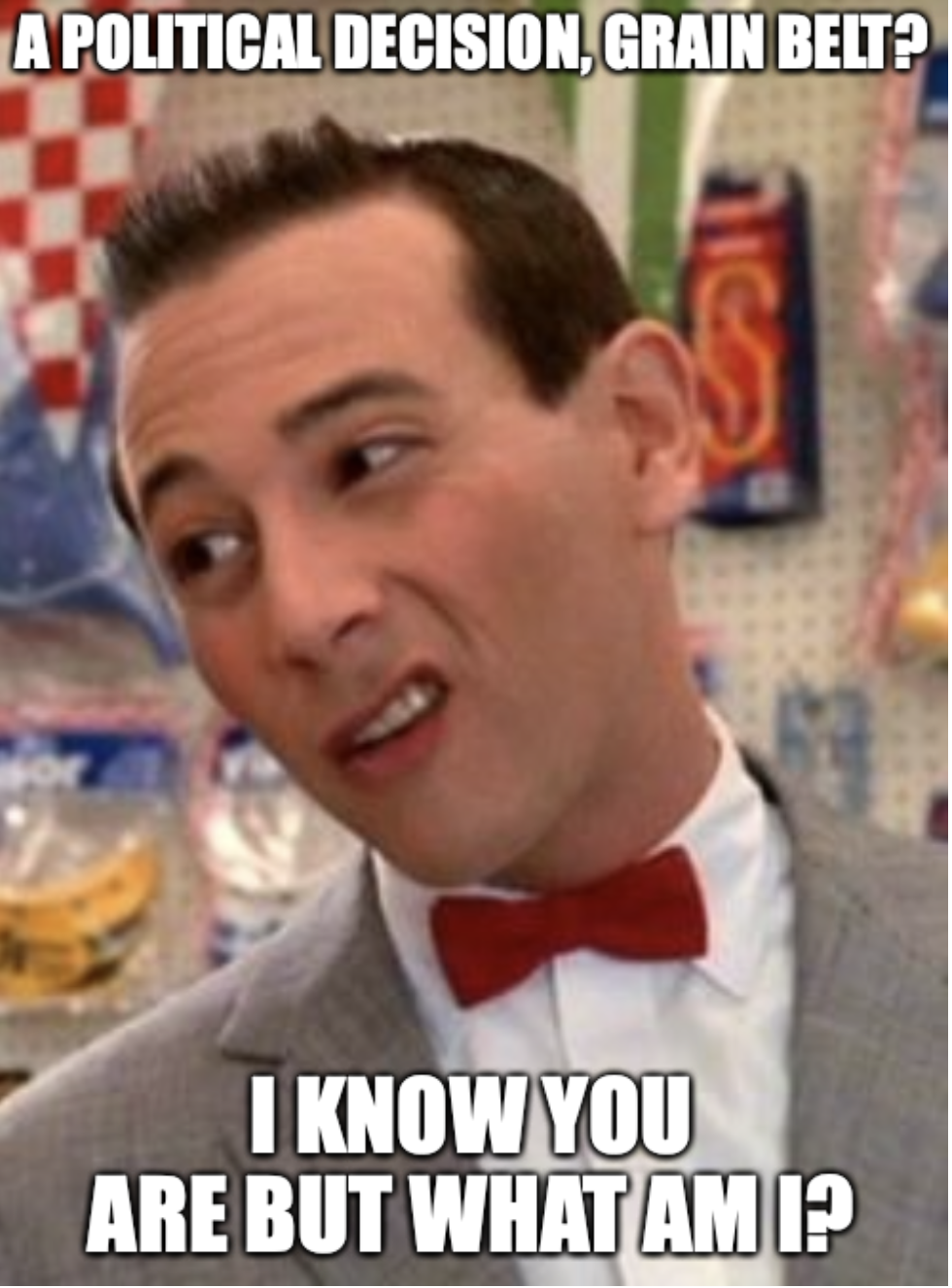Sean Stott, with the Labourer's International Union, said: "The court's decision here is clearly a political, not a legal one. If upheld, this ruling will slow down needed infrastructure investment while inviting frivolous litigation for all sorts of future vital infrastructure projects critical to our economy and clean energy goals. We hope the court will stand up for the thousands of labour jobs created by this project."
That law was approved by the General Assembly in 2021 as part of the Climate and Equitable Jobs Act, a broad legislative package that was meant to decrease the state’s reliance on fossil fuels and eliminate greenhouse gas emissions from electricity generation by 2045.
CEJA does not name Grain Belt but says a project of its magnitude “shall be deemed” a public use line, giving the company the ability to invoke eminent domain if needed – a policy opposed by many farmers and large landowners.
The law includes voltage and capacity parameters and requires any “qualifying direct current project” to pass through nine counties along the proposed route of the Grain Belt Express project. Those counties are Pike, Scott, Greene, Macoupin, Montgomery, Christian, Shelby, Cumberland and Clark.
The Farm Bureau contends that the provision at issue in the case was added as unconstitutional “special legislation” meant to provide a way to benefit the Grain Belt project specifically.
Proponents of the Grain Belt Express point to this reading of CEJA as a threat to other renewable energy projects.
“Today’s ruling completely misinterprets law and threatens billions in energy cost savings for Grain Belt Express consumers,” Invenergy Director of Public Affairs Dia Kuykendall said Friday. “The erroneous ruling has far-reaching implications beyond Grain Belt Express and contradicts the State's efforts to secure a reliable and affordable clean energy future.”
Grain Belt Express did not prove that it was capable of financing the project, only that it had "a plan." Same as I have a plan to become a movie star next week. Adding "conditions" to prove a requirement at a later date is not following the law. It is a "misinterpretation" of the existing law.
Grain Belt says it will "immediately appeal" the ruling to the Illinois Supreme Court. However....
In 2022, the most recent year for which data is available, the Illinois Supreme Court only accepted about 7 percent of petitions to appeal filed.
Political influence.
I know you are, but what am I?

 RSS Feed
RSS Feed